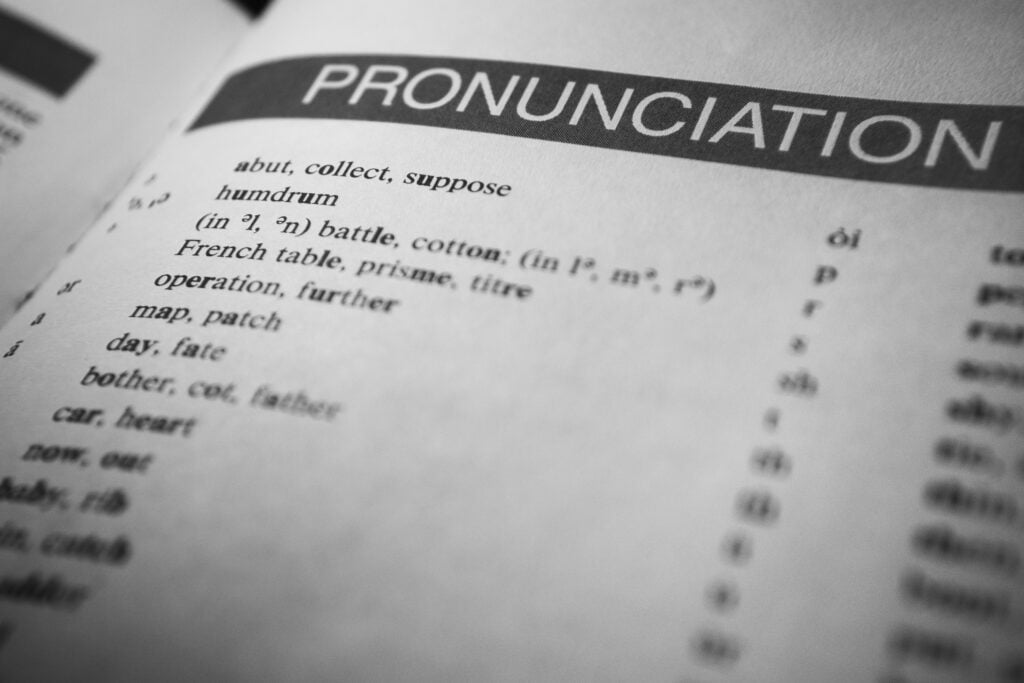Introduction
As a non-native English speaker, communicating effectively in English can be a challenge task. Despite having right skillset, the language barrier can hinder your ability to reach your full potential in academic, professional, and social settings. However, with the right guidance and resources, you can improve your English communication skills and gain the confidence you need to be succeeded.
In this blog post, we will provide you a step-by-step guide to help you improve your English communication skills. We will share expert suggestions, methods, and references to popular websites and books which can help you improving your language skills and become a more effective English communicator. Whether you are a beginner or looking to take your skills to the next level, this guide will certainly provide you with the tools you need to achieve your goals.
Below are the five well proven steps with all the required references that can certainly help you in improving your English communication skills:
Step 1: Build Vocabulary
Enriching your vocabulary is an essential part of improving your English communication skills. The more words you know, the more effectively you can articulate your thoughts. Reading extensively is an effective way to build your vocabulary. You can read books, newspapers, and online articles to expose yourself to new words and phrases. Try to learn at least one new word every day and use it in a sentence to reinforce your understanding. Additionally, consider using online resources such as flashcards and quizzes to expand your vocabulary.
For instance, let’s assume you come across the word ‘prolific’ while reading a book. Look up the meaning of the word and try to use it in a sentence. For example, “J.K. Rowling is a prolific writer who has sold millions of copies of her Harry Potter series.”


References:
Vocabulary.com: https://www.vocabulary.com/
Memrise: https://www.memrise.com/
Step 2: Practice Speaking
To become a better communicator, you must practice speaking. Even if you make mistakes, it is critical to practice speaking English to build confidence and fluency. Try speaking with native speakers, join a conversation group or take an English speaking course. Also, record yourself speaking and listen to the recording to identify areas where you need to improve.
For example, you can practice speaking English by having a conversation with a native speaker. You can find native speakers on language exchange websites such as Italki or Tandem.


References:
Italki: https://www.italki.com/
Tandem: https://www.tandem.net/
Step 3: Improve Pronunciation
Pronunciation is another significant aspect of effective communication. To improve your pronunciation, you can listen to native speakers, watch English language movies and TV shows, and practice speaking with a language partner. You can also use online resources to practice specific sounds and intonation patterns.
For example, you can practice your pronunciation by listening to a recording of a native speaker and imitating the sounds they make. For instance, listen to the way the word ‘banana’ is pronounced and try to mimic the sounds.


References:
Pronunciation Power: https://www.pronunciationpower.com/
English Central: https://www.englishcentral.com/
Step 4: Master Grammar
Good grammar is crucial for clear communication. You can enhance your grammar by reading and writing in English, and by using online resources and grammar books. Try to identify the areas where you need to improve and focus on them.
For example, you can improve your grammar by identifying common mistakes you make and practicing them. If you often make mistakes with subject-verb agreement, practice using the correct form of the verb with different subjects.


References:
Grammarly: https://www.grammarly.com/
English Grammar in Use: https://www.cambridge.org/grammar-and-vocabulary
Step 5: Use English in Daily Life
Lastly, to truly master English communication skills, you need to use English in your daily life. Try to think and speak in English as much as possible, even if it is just to yourself. Listen to English-language music, podcasts, and audiobooks, and try to think in English when you encounter new information. Also, try to write blogs, email and daily diary. It will improve your writing skills too.
For instance, you can use English in your daily life by setting your phone and computer to English, reading signs and labels in English, and making a conscious effort to think in English when you encounter new information. By immersing yourself in the language, you can gain more exposure to English and improve your skills.


Podcasts are a great way to practice listening and comprehension skills. There are many English language podcasts on a variety of topics, including news, culture, and entertainment. Here are a few popular ones:
NPR: https://www.npr.org/podcasts/
TED Talks: https://www.ted.com/podcasts
The English We Speak (BBC): https://www.bbc.co.uk/programmes/p02pc9tn/episodes/downloads
This American Life: https://www.thisamericanlife.org/
By regularly listening to podcasts in English, you can improve your listening skills and learn new vocabulary and expressions.
Conclusion
Improving English communication skills requires consistent effort and practice. By building your vocabulary, practicing speaking, improving pronunciation, mastering grammar, and using English in your daily life, you can become a confident and effective communicator in English. Remember to set achievable goals and celebrate your progress along the way. Good luck in your journey towards improving your English communication skills!
References:
FluentU: https://www.fluentu.com/
BBC Learning English: http://www.bbc.co.uk/learningenglish
Cambridge English: https://www.cambridgeenglish.org/learning-english/










